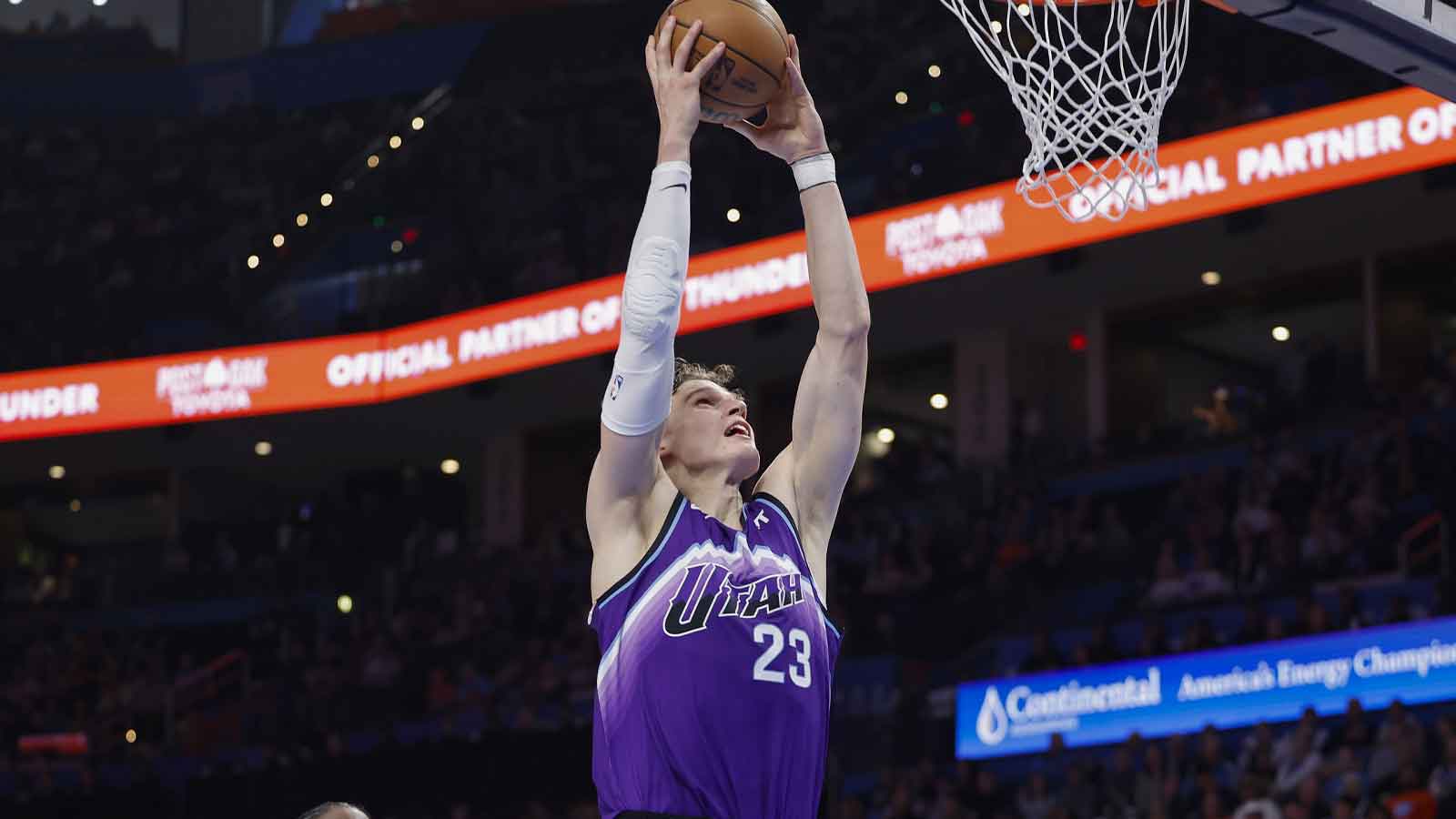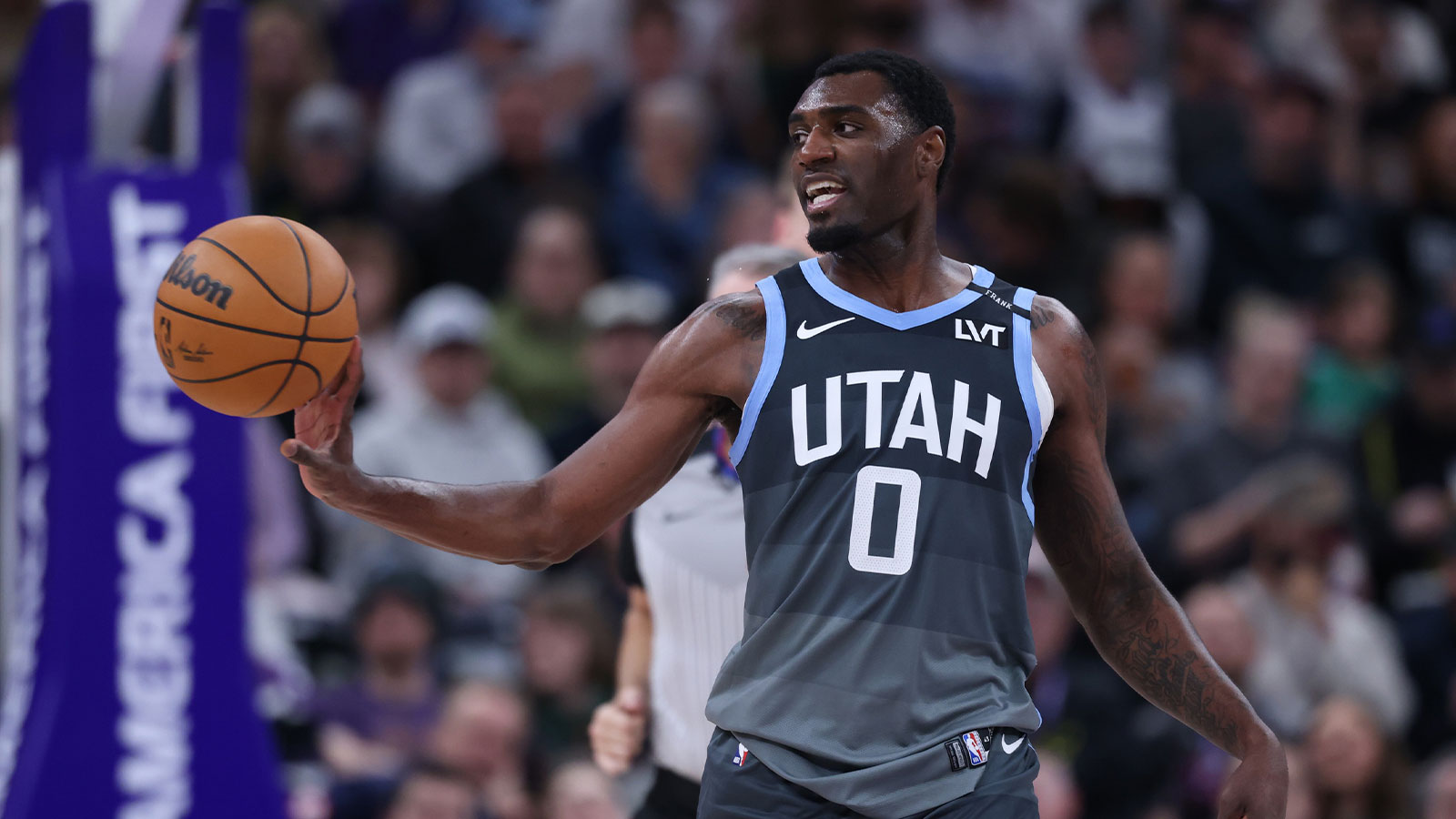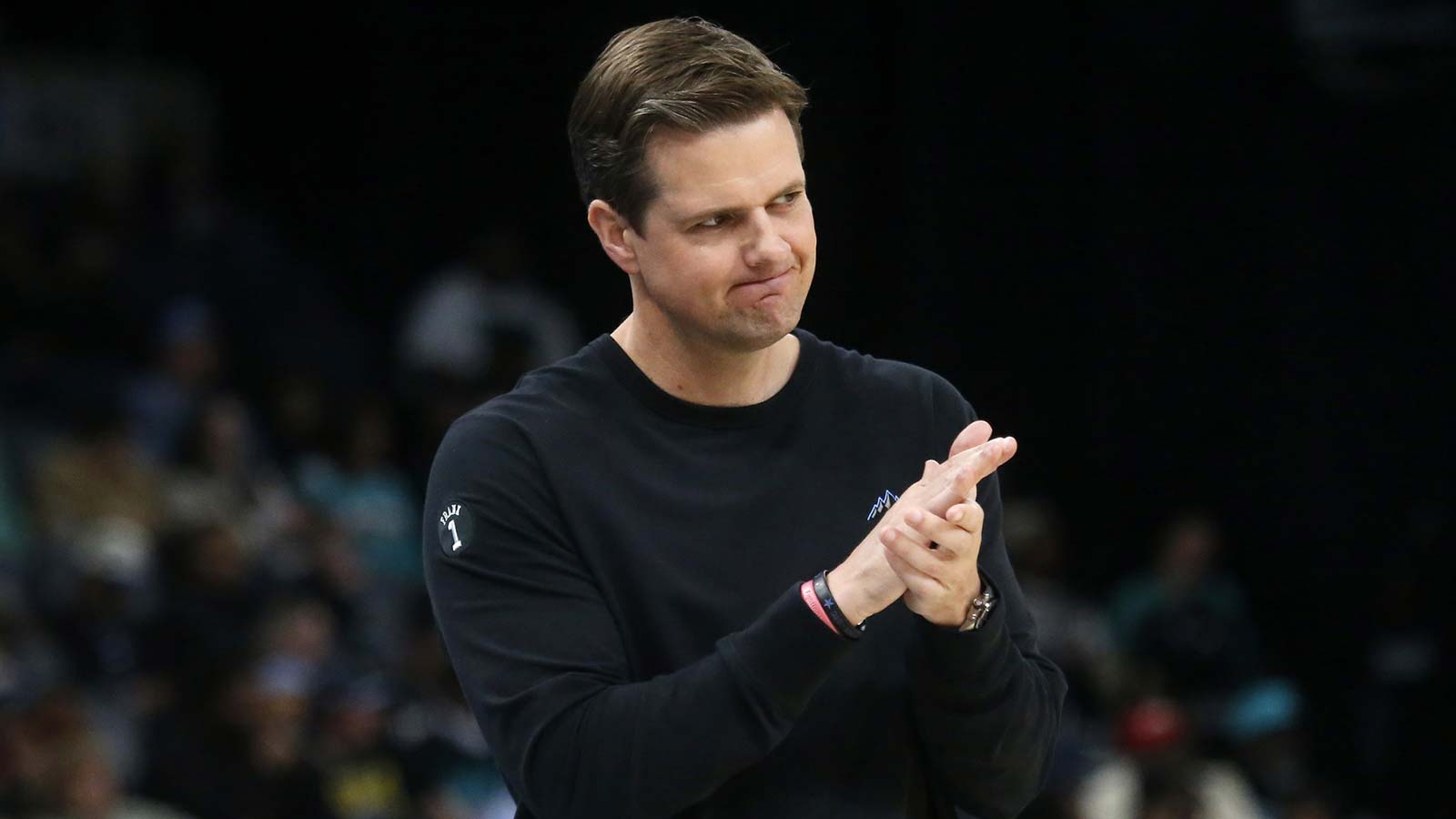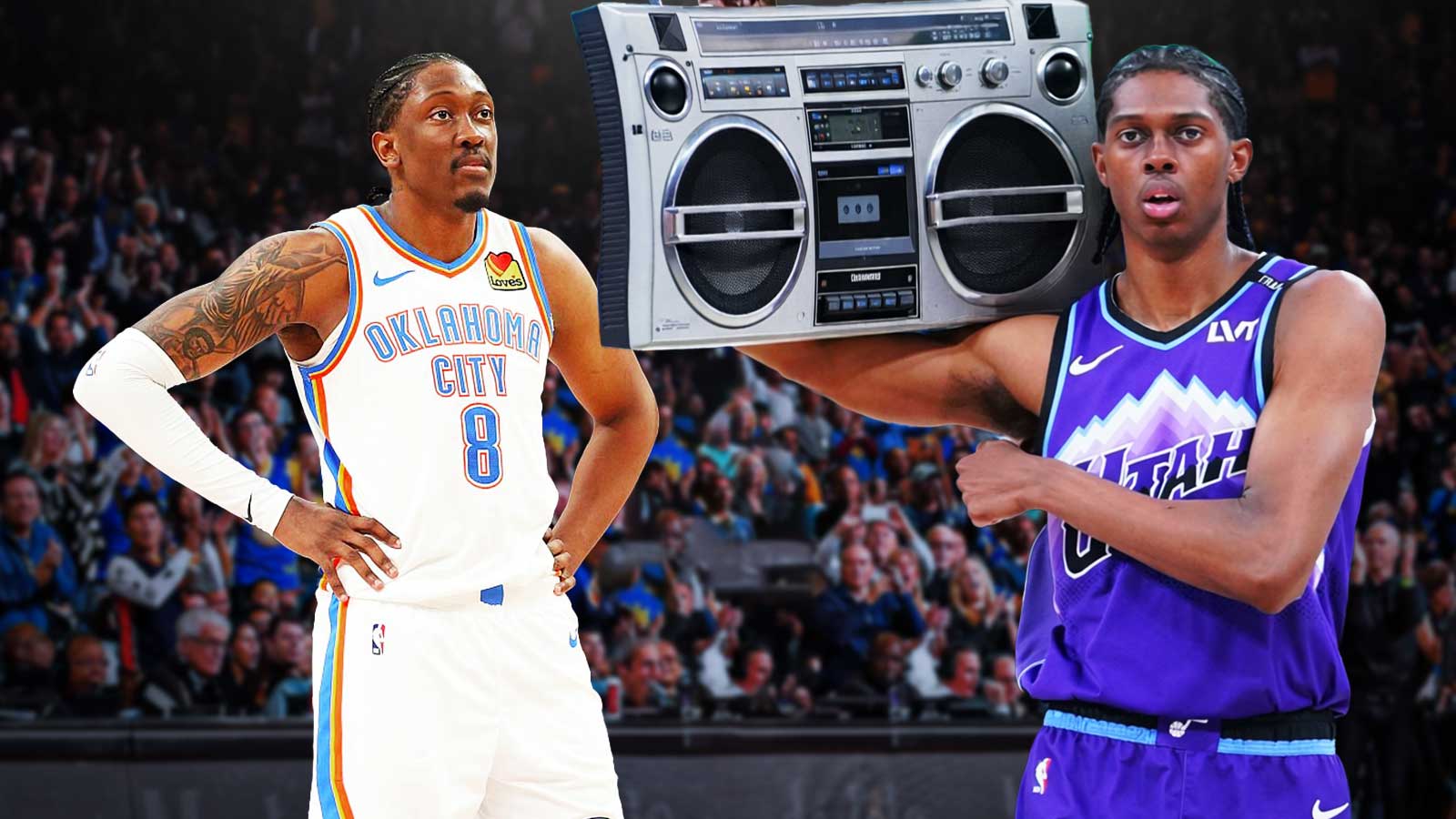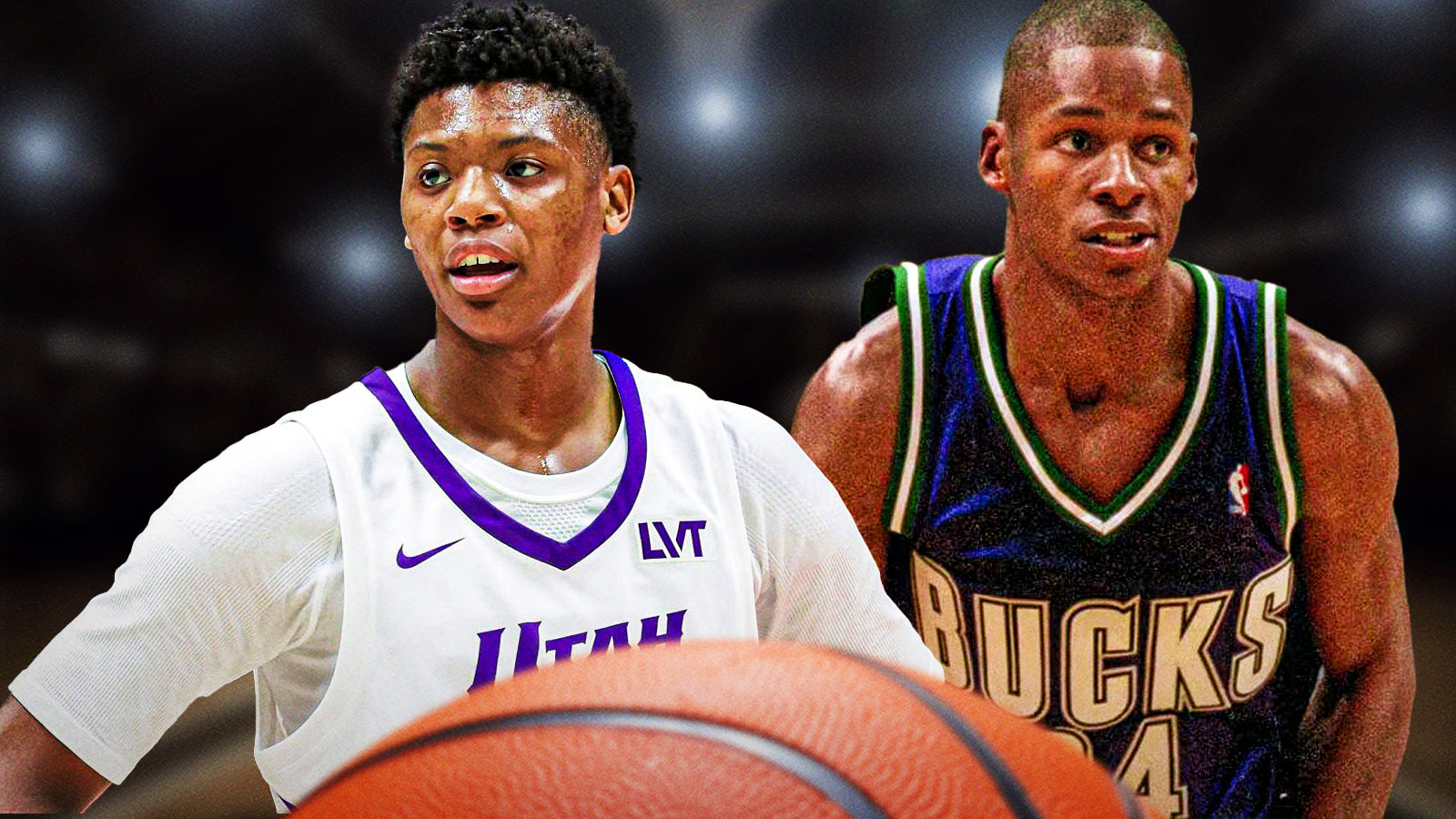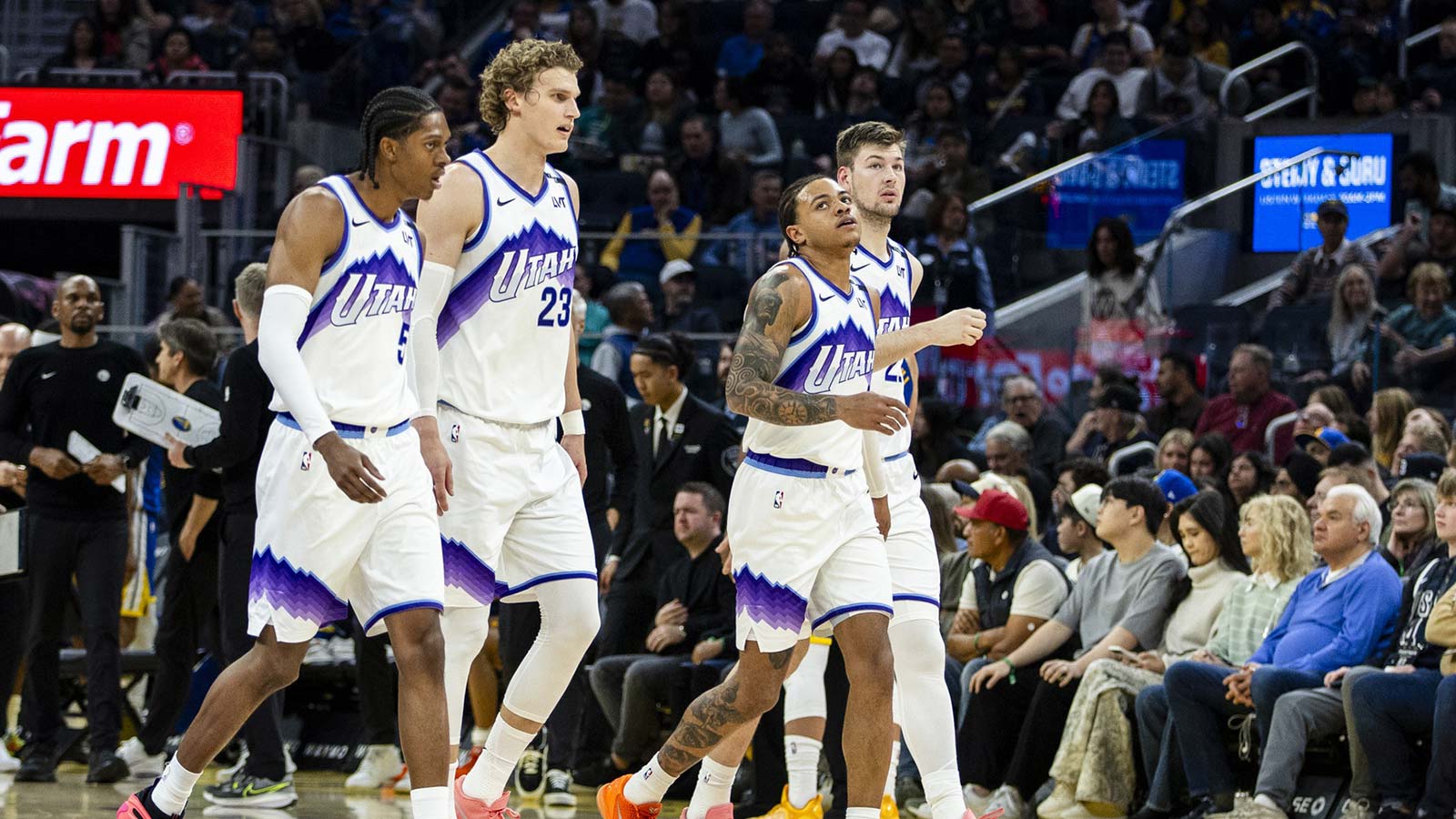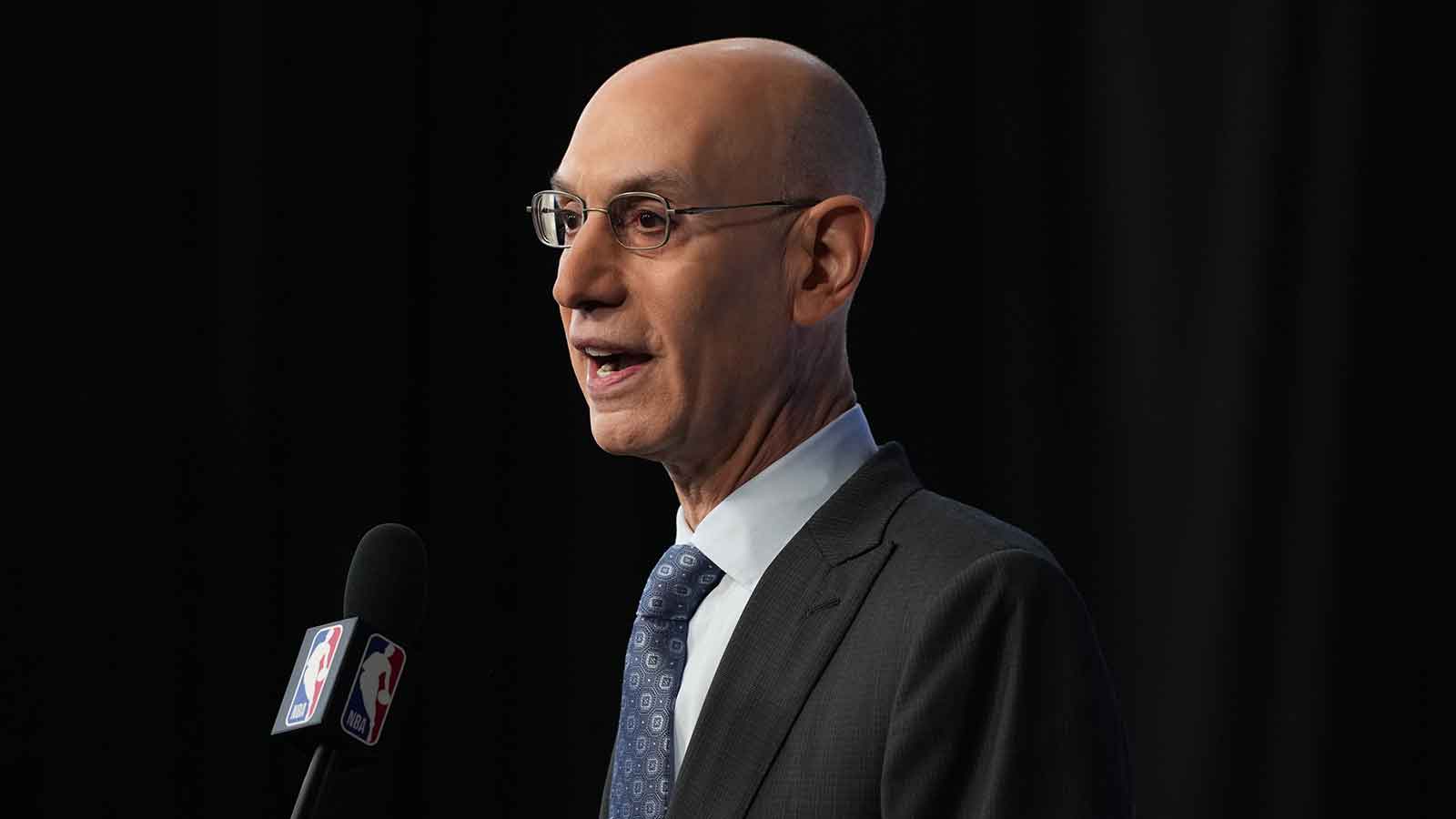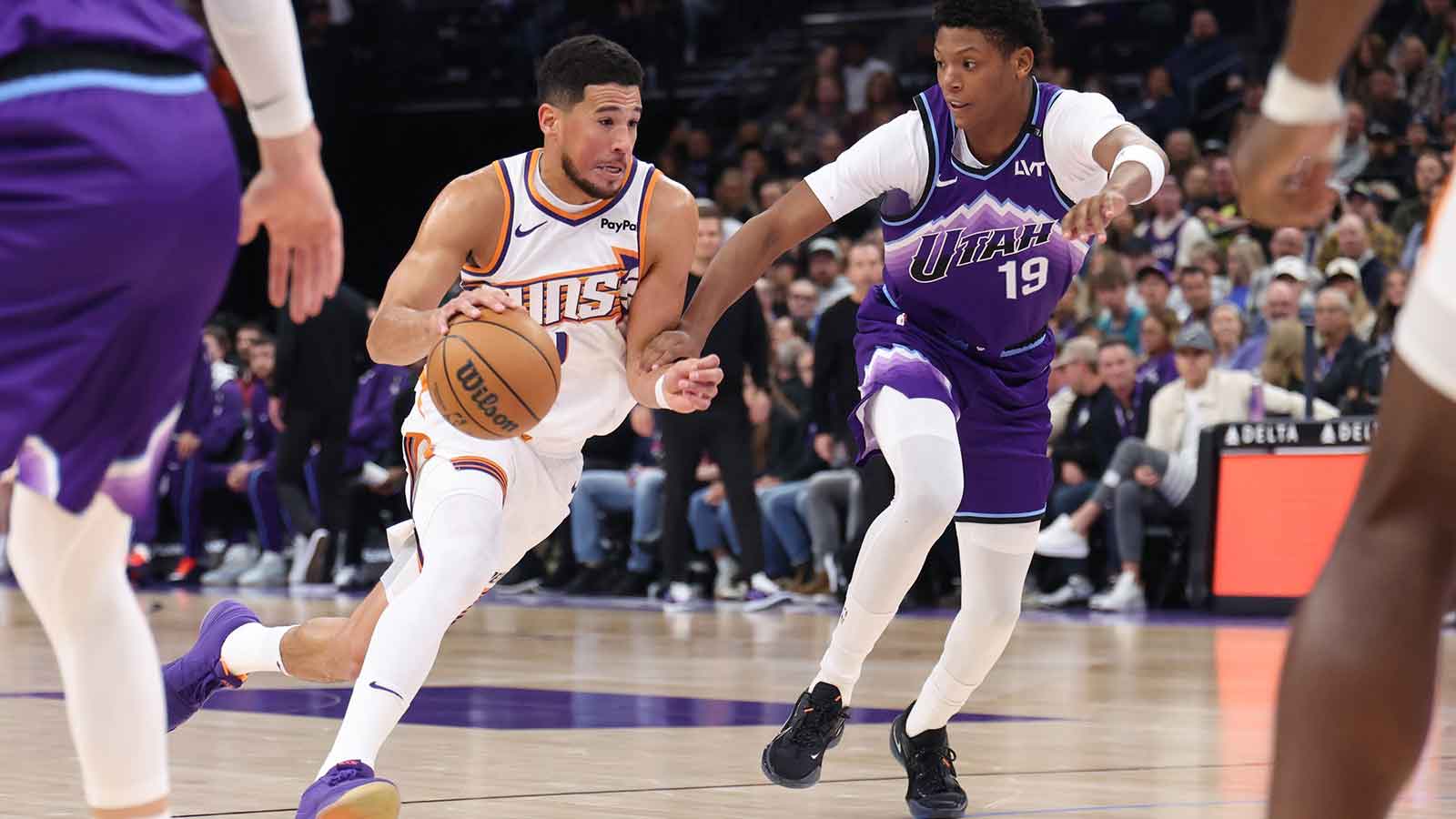Utah Jazz fans remember Donovan Mitchell well. This man gave his all to this franchise for five years before the front office finally decided to pull the plug on his tenure as the team's cornerstone superstar. Despite his high-profile departure this summer, however, there's just no denying that this man remains to be a well-loved figure in Utah among the Jazz fanbase.
The feeling is mutual for Mitchell, too. The 26-year-old has more than a few fond memories during his decorated stint with the Jazz, and it is clear that he has a lot of love for the fans that stood behind him during his time in Utah. However, by his own admission, there's also a very dark downside to this for Donovan Mitchell.
In a recent interview with Marc J. Spears of andscape, the Cavs combo guard got brutally honest about his time with the Jazz and how the people of Utah — as much as they loved and supported him — also proved to be one of the most difficult aspects he had to deal with during his time with the team.
Now that he is in a predominantly Black community in Cleveland, Mitchell cannot deny that the change in scenery is very noticeable. According to the three-time All-Star, this has been a welcome change from the structure of the Utah community wherein the fans are predominantly white:
“It’s a little comforting for me, 100%,” Mitchell said. “I’m not going to lie about that. It’s no secret there’s a lot of stuff that I dealt with being in Utah off the floor. If I’m being honest with you, I never really said this, but it was draining. It was just draining on my energy just because you can’t sit in your room and cheer for me and then do all these different things. I’m not saying specifically every fan, but I just feel like it was a lot of things. A [Utah] state senator [Stuart Adams] saying I need to get educated on my own Black history. Seeing Black kids getting bullied because of their skin color. Seeing a little girl [Isabella Tichenor] hang herself because she’s being bullied.
“Man, it was just one thing after another. And I will say, it’s not the only place it happens. But for me, I’m continuing to be an advocate for [racial equality] and to receive the amount of pushback I got over the years, it was a lot.”
As he described, Mitchell encountered more than a handful of issues during his time with the Jazz in terms of the racism he either watched unfold right before his own eyes or actually experienced first-hand. It seems that it was a particularly difficult time for Mitchell during the peak of the Black Lives Matter movement a couple of years ago.
When asked to go through the most hurtful experience he had to endure during his time in Utah, Mitchell could not really pinpoint a specific incident:
“It first started, when I posted a photo for Juneteenth, and it said ‘Free-ish’ before the [NBA] bubble,” Mitchell said. “And really in the bubble, too, people just started nonstop going at me like, ‘Man, you don’t know what you’re talking about. There is injustice everywhere. It’s not just Black people.’ I’m just like, ‘Y’all have no idea.’ I took on a lot because I felt like I could do it. But at some point, it became a lot to have to deal with.
“And then to be able to not see many of us in the crowd, I tried my best to make sure I invite young Black and brown kids to games, to be around the community. But just to not see us there, it was definitely tough. And being in Cleveland now, you see us courtside. It’s just refreshing. It’s a blessing to be back around people that look like me.
“But as far as Utah, it became a lot to have to deal with on a nightly basis. I got pulled over once. I got an attitude from a cop until I gave him my ID. And that forever made me wonder what happens to the young Black kid in Utah that doesn’t have that power to just be like, ‘This is who I am.’ And that was one of the things for me that I took to heart.”
That's tough. It is clear that not even the fact that he was one of the most popular basketball players on the planet made Donovan Mitchell immune from racism during his time in Utah. As you may have discerned, this is an aspect of the city that he clearly does not look back on with fondness.









